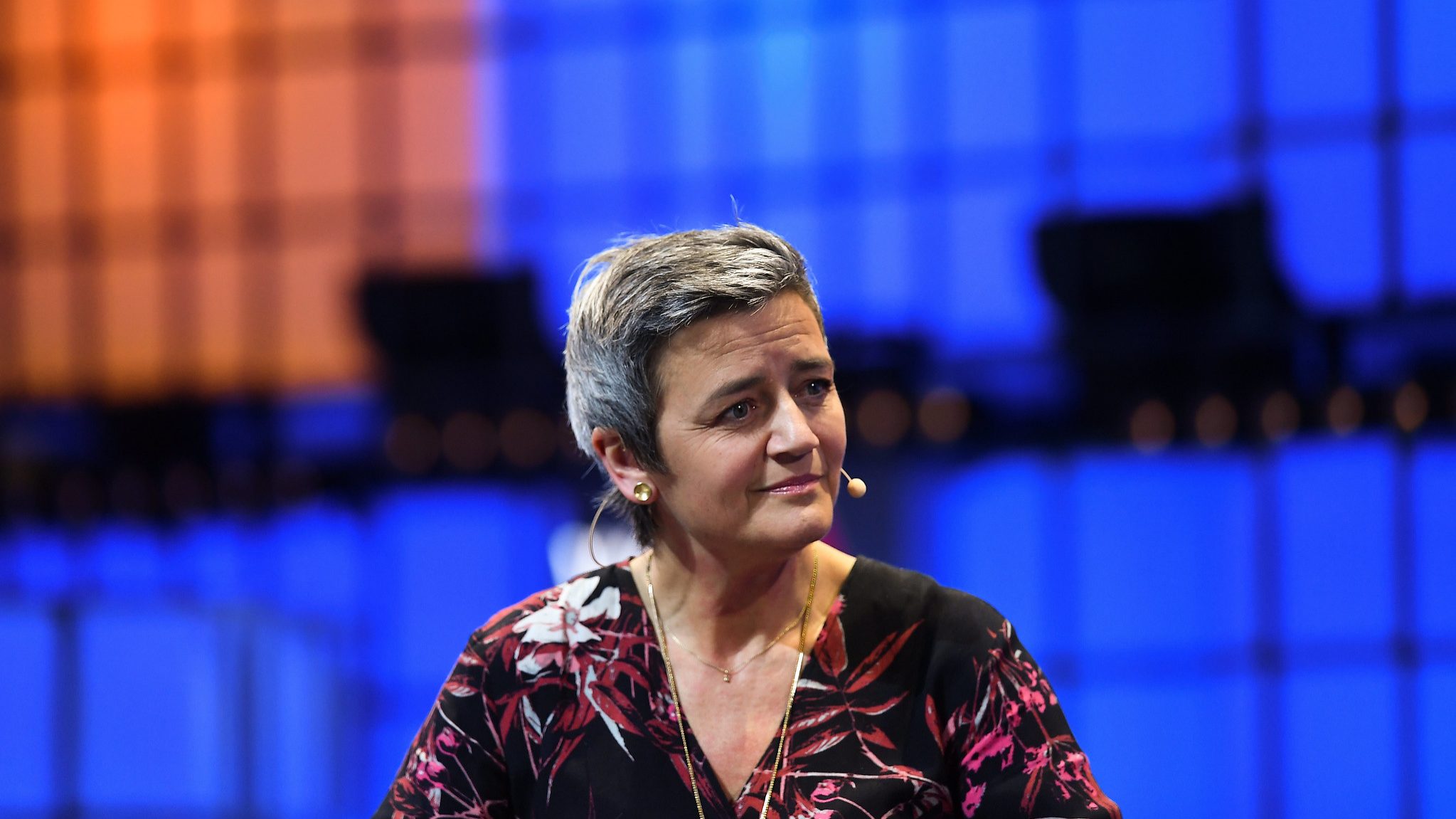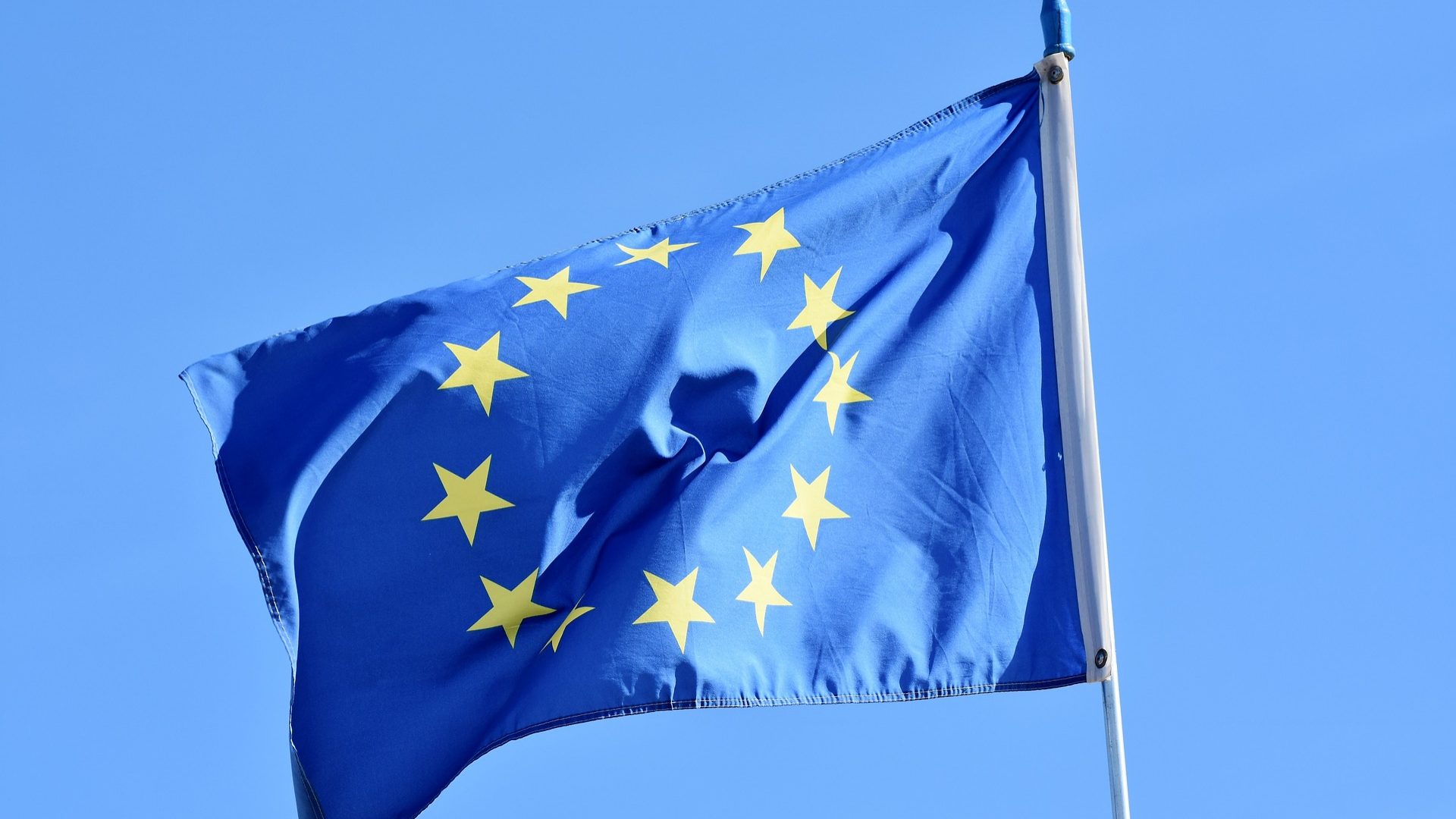EU presidency aims for recovery funds to start reaching members in H1
Portugal's foreign minister, Augusto Santos Silva, has expressed the hope that the first tranche of European Union recovery funds will reach member states "in the first half of 2021."
Portugal’s foreign minister has expressed the hope that the first tranche of European Union recovery funds will reach member states “in the first half of 2021”, saying that the country has set itself the objective of reaching the end of its EU Council presidency with “all national plans approved”.
In an interview with Lusa, the minister, Augusto Santos Silva, also stressed the importance that the complex process of ratifying the increase in the own-resources ceiling, which is essential for the European budget for 2021-2027 to come into force, to be “as short as possible” in order to fulfil another objective: to complete the presidency with the Multiannual Financial Framework already being implemented.
“We hope that in the first half of the year there can be such an advance of ten percent” of the EU Recovery and Resilience Fund, said Santos Silva on the first tranche of the total amount each member state is to receive from the mechanism, which aims to relaunch European economies after the crisis caused by the covid-19 pandemic.
With a total of €750 billion, the fund’s main instrument is the European Recovery and Resilience Facility, which consists of €672.5 billion in grants and loans – with Portugal to receive €15.3 billion in grants – that member states may only access once their national investment plans have been approved.
Portugal’s Council presidency will need a qualified majority of the 27 required to approve member states’ national plans in order to release the first 10% tranche of loans and grants.
The minister thus defined as one of the presidency’s objectives “to reach the end [of the semester] with all 27 national recovery and resilience plans approved.
“This implies that the member states negotiate these plans with the European Commission – this is for example what Portugal has been doing since the first day it was possible to do, since 15 October,” he noted. “After that negotiation, each national plan has to be approved by the Council. And it is still possible, if the member state wants, to make a kind of appeal to the European Council.
“We have six months for this and our aim is that by the end of the Presidency the national plans should be approved,” he went on. “Because the logic of the Recovery Fund is different from the logic of the European funds themselves. In this case, there is an initial advance – the Commission’s proposal is for it to be 10% – but then the payments are made in a logic of reimbursement, so each state makes the expenditure and then it is reimbursed by the European Commission.”
The financing of the €750 million fund will be done through the issuance of debt by the European Commission that will have to be paid back over several years, preferably through new EU own resources, such as a tax on plastic waste to be introduced next year, or a future digital tax.
This requires an amendment to European own-resources legislation, which needs a unanimous decision by all member states in the ratification process.
“This process will be relatively complex and the main difficulty here is to ensure that it is as short as possible,” explained Santos Silva. “It does not need to be complex and long; it can be complex and short.”
Only then will the EU budget enter into force, with the Portuguese presidency having “the essential task” of “approving more than 40 regulations for the specific programmes” of the budget.
“Our goal is to reach the end of the presidency with the Multiannual Financial Framework [MFF] on the ground, with all regulations approved and programmes launched,” he said, noting that several programmes are to be launched during the six months, such as Erasmus, the new European Voluntary Corps, Horizon Europe and Creative Europe, among others.


